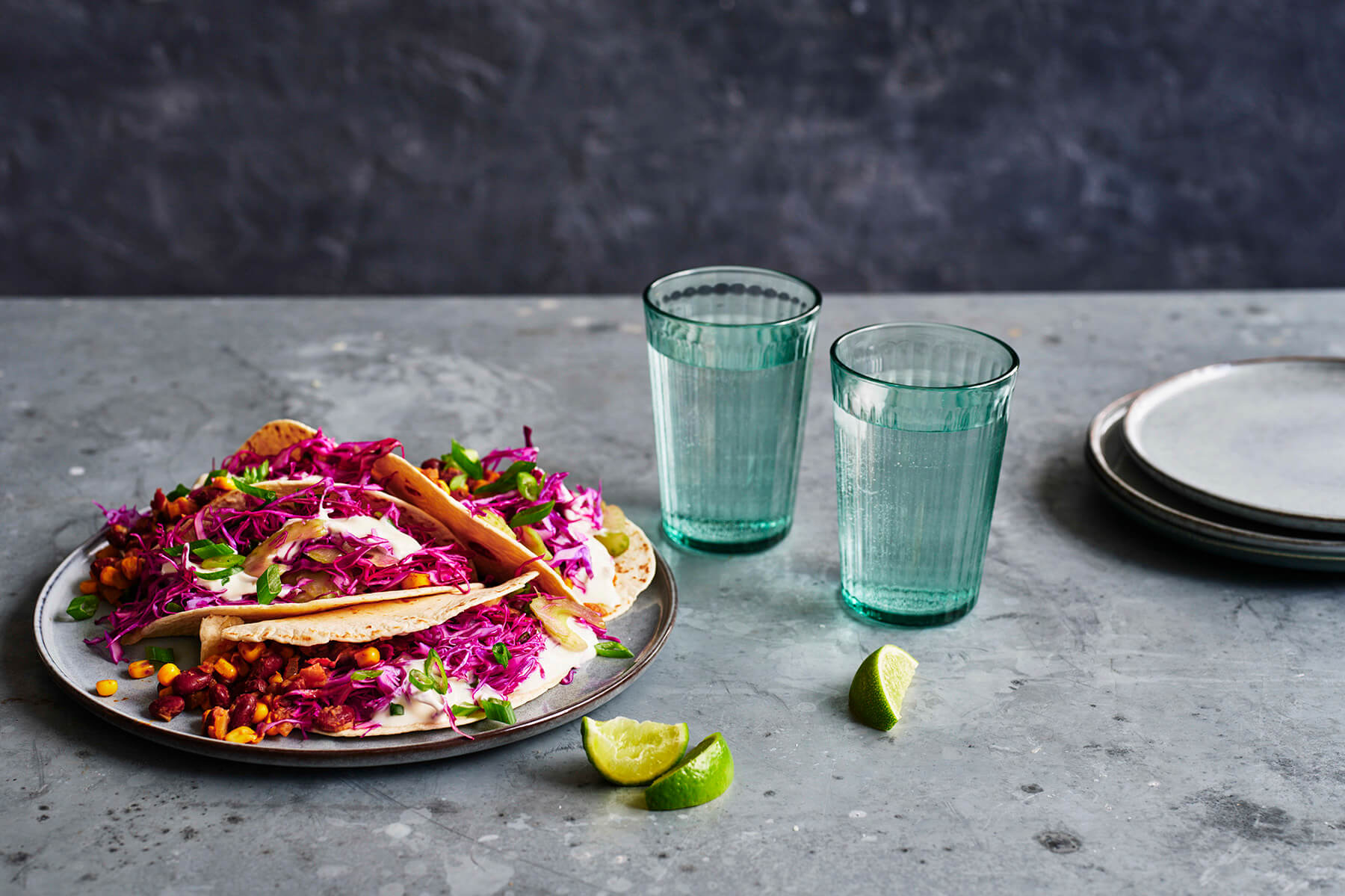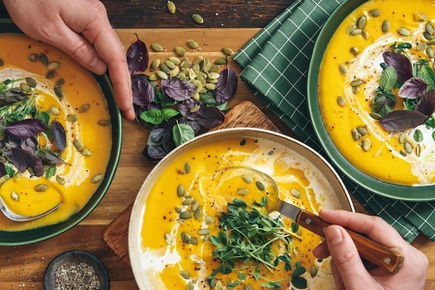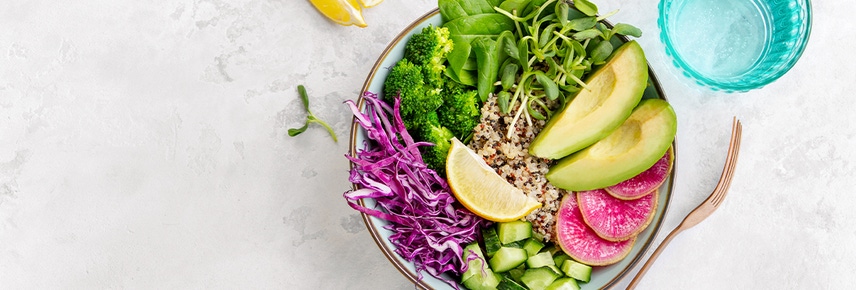.jpg?width=525&height=350&format=jpg&quality=95)
Here’s why you should try the 2024 veggie of the year: purple kumara
It’s delicious, nutritious and a veggie that adds an impressive pop of colour to every meal. It’s no wonder the purple kumara has been crowned Vegetable of the Year for 2024.
Google searches for topics related to ‘purple kumara’ are on the rise, initially spiking after the recent release of the Netflix documentary ‘Secrets of the Blue Zones’. The series focused on areas of the world in which people live exceptionally long lives, known as the ‘Blue Zones,’ and discussed the violet-coloured veggies links to longevity.
The secret of Okinawan’s longevity: purple kumara
The vibrant purple tubers are a staple in the Okinawan diet, one of the 5 Blue Zones, and have become an important part of the culture. The vegetable is rich in anthocyanins, a powerful antioxidant that gives it the deep purple colour as well as anti-inflammatory properties. Because inflammation plays a role in a number of chronic diseases, these compounds may have the potential to help protect against age-related diseases such as Alzheimer’s, heart disease and cancer. Because inflammation plays a role in a number of chronic diseases, these compounds may have the potential to help protect against age-related diseases such as Alzheimer’s, heart disease and cancer.
Purple kumaras are also a good source of fibre, as well as potassium which can help lower blood pressure, and vitamin C, to help support a healthy immune system.
About 60 percent of calories of a traditional Okinawan diet comes from kumaras with the rest of the diet emphasising other vegetables and soy products alongside low GI carbohydrates, some fish and only minimal amounts of meat. Much of the longevity advantage in Okinawa is thought to be related to this traditional diet.
The goodness of the whole kumara family
If you don’t have access to purple kumaras, don’t stress, there are many other varieties more readily available around the world that offer wonderful nutritional benefits.
Kumaras of all colours - purple, reddish purple, orange, white, cream - offer a range of nutrients similar to the purple kumara like vitamin A, B and C, potassium and fibre.
While the purple kumara’s violet hue offers the antioxidant anthocyanins, the orange kumara is richest in beta-carotene that similarly plays a role in overall health and disease prevention. The white kumara is less sweet and can be more easily switched for the standard potato.
When picking your kumara in the supermarket look for the versions that are most vibrant in colour for as many nutritional benefits as possible.
Looking for inspiration to cook these nutritional powerhouses?
Download our new Vegetarian cookbook Easy Eats that features recipes like eggplant and kumara dahl or check out our collection for more kumara recipes.


The latest nutrition advice, plus health and wellness tips delivered to your inbox monthly

